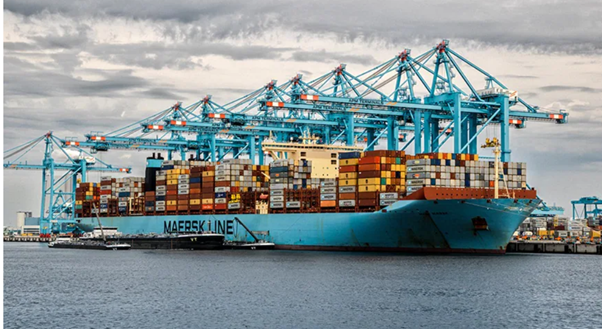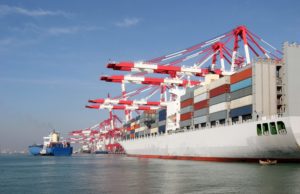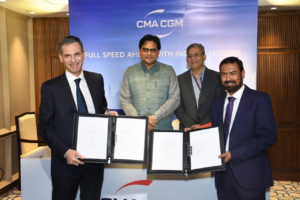Danish giant Maersk and food and beverage company Danone have agreed to use the ECO Delivery Ocean product. By using this product CO2 emissions on sea freight will be reduced.
The move involves Maersk’s product ECO Delivery Ocean, which is based on reduced GHG emission fuels like bio-diesel or bio-methanol, produced solely from waste feedstocks.
These fuels are then used on vessels across the Maersk fleet.
According to Maersk, the applied version of ECO Delivery Ocean by Danone reduces the GHG emissions by “more than 40% compared to conventional fossil fuels.”
“Maersk is an important partner and using their product to reduce CO2 emissions on sea freight marks yet another step in our decarbonization journey,” said Jean-Yves Krummenacher, global chief procurement officer at Danone.
Danone has aligned its pathway to net zero with the Science-Based Targets initiative (SBTi) already back in 2017, and is targeting net-zero emissions by 2050.
Maersk has a net zero target of 2040 and is the first shipping and logistics company which has a pathway to net-zero approved by the SBTi.
“The swift reduction of greenhouse gas emissions is at the core of both our companies. Well-known companies like Danone can act as a beacon in their industries by using effective levers to decarbonize their supply chains,” noted Emilio de la Cruz, Maersk area managing director South West Europe.



